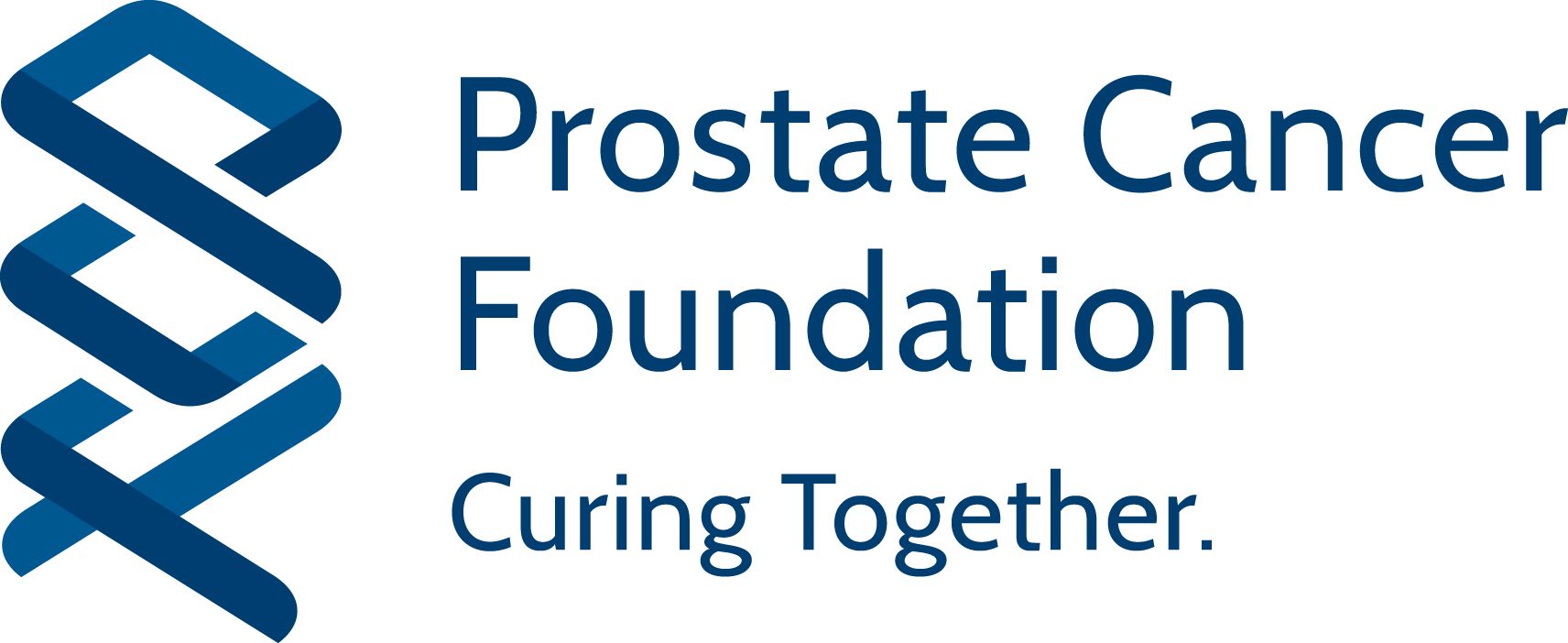
PCF's Impact Across All Cancers

Since the Prostate Cancer Foundation began funding prostate cancer research 25 years ago, many discoveries about the disease have been made, including that cancerous tumors are related genetically and not just by where they are located within the body.
“Cancers have a lot of things in common no matter where they originate from.” says Reem Malek, PhD, a PCF-funded researcher at Johns Hopkins, “Discoveries that we find in prostate cancer can potentially be applied to several different other cancers. So, it has implications for the cancer field in general.”
Because of this discovery, personalized or precision medicine promises to be one of the biggest breakthroughs offering up treatments which will work to fight individual patient’s cancer genetics and not just the cancer itself.
Another PCF-funded researcher, Wassim Abida, MD, PhD, agrees. “We’re finding there are similarities between different types of tumors [in the body] that can be targeted by a whole new class of drugs.”
Because of this, treatments that were created for the treatment of prostate cancer but might also be used for the treatment of breast cancer or ovarian cancer that may be driven by similar genetic factors. In this way, therapies can be tailored to particular patients. Even now, trials are being conducted using drugs that were developed for prostate cancer but could also have applications in the treatment of other cancers.
It’s important that we maintain networks with researchers in other fields because the developments in treating a specific cancer may have much broader implications. So, when you make a donation to PCF, you’re supporting not just prostate cancer research, but ALL cancer research.




